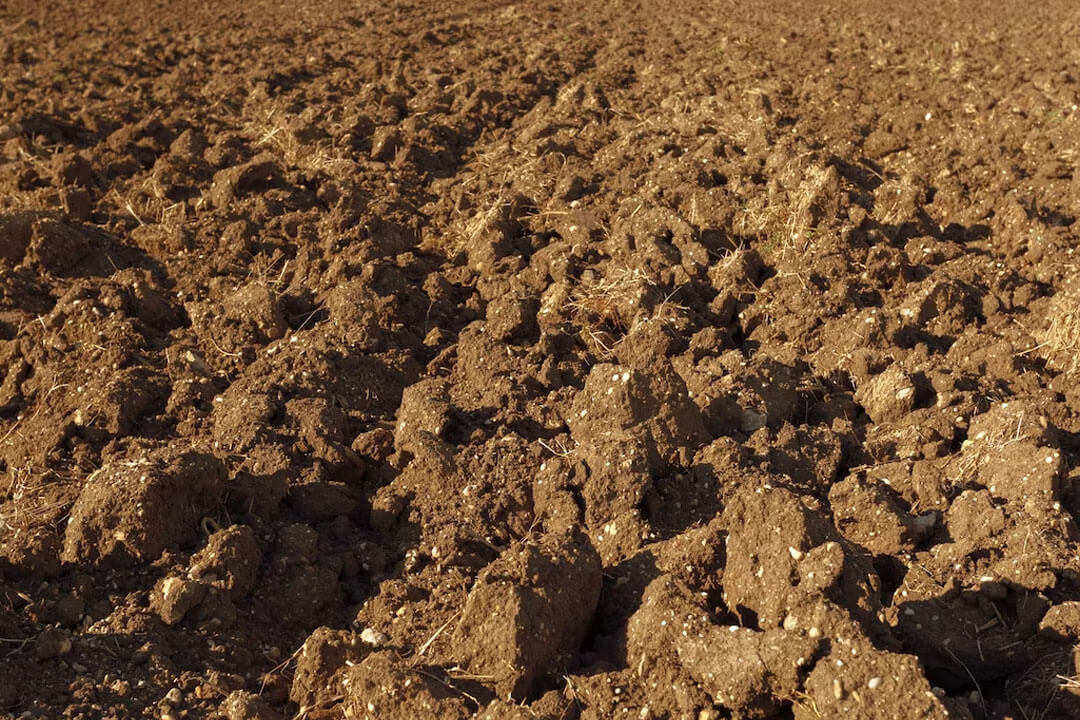
Soil health is a crucial factor in the success of any farming operation, and African farmers can take steps to improve it through daily farming practices. Here are some step-by-step ways African farmers can incorporate soil health into their daily farming activities:
- Conduct a soil test: Before implementing any soil health management practices, farmers should conduct a soil test to determine the nutrient content and pH of their soil. This can help them identify any nutrient deficiencies or imbalances, and determine the best course of action to improve soil health.
- Implement conservation tillage: Conservation tillage involves reducing the amount of tillage or disturbance to the soil during planting and harvesting. This can help reduce soil erosion, improve water infiltration, and increase organic matter in the soil. African farmers can implement conservation tillage by using no-till or reduced tillage practices, such as strip-till or zone tillage.
- Rotate crops: Crop rotation involves alternating the type of crop planted in a field from year to year. This can help reduce soil-borne diseases, improve soil structure, and increase soil fertility. African farmers can rotate crops by planting legumes, such as beans or peas, which fix nitrogen in the soil, followed by cereals or other crops.
- Incorporate cover crops: Cover crops are planted during fallow periods or between cash crops to improve soil health. They can help reduce erosion, improve soil structure, and increase organic matter in the soil. African farmers can incorporate cover crops such as legumes, grasses, or brassicas into their farming practices.
- Apply organic matter: Organic matter, such as manure or compost, can improve soil health by increasing soil fertility, water-holding capacity, and nutrient availability. African farmers can apply organic matter to their fields as a fertilizer, or incorporate it into the soil before planting.
- Control erosion: Soil erosion is a major threat to soil health, and African farmers can take steps to control it. These include using contour farming, which involves planting crops along the contour lines of the land, and planting windbreaks or buffer strips to reduce wind and water erosion.
- Use agroforestry: Agroforestry involves incorporating trees or other woody plants into farming systems. This can help improve soil health by increasing organic matter, reducing erosion, and providing shade and shelter for crops and livestock. African farmers can implement agroforestry practices by planting trees along field boundaries or in alley cropping systems.
In conclusion, soil health is essential for the success of any farming operation, and African farmers can take steps to improve it through daily farming practices. By implementing conservation tillage, crop rotation, cover cropping, applying organic matter, controlling erosion, and using agroforestry, farmers can improve soil health and increase crop yields, while also mitigating climate change and preserving natural resources.


















